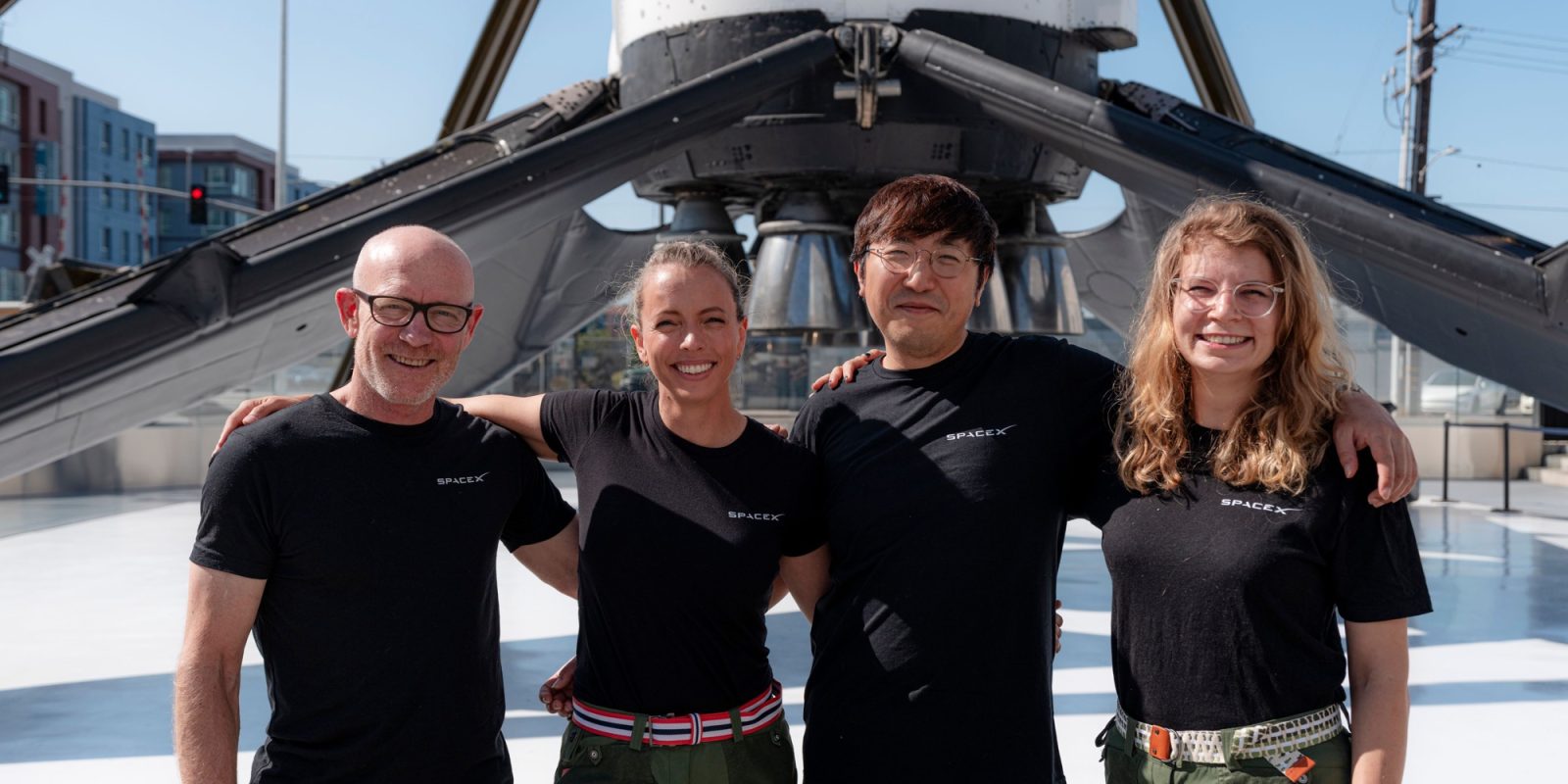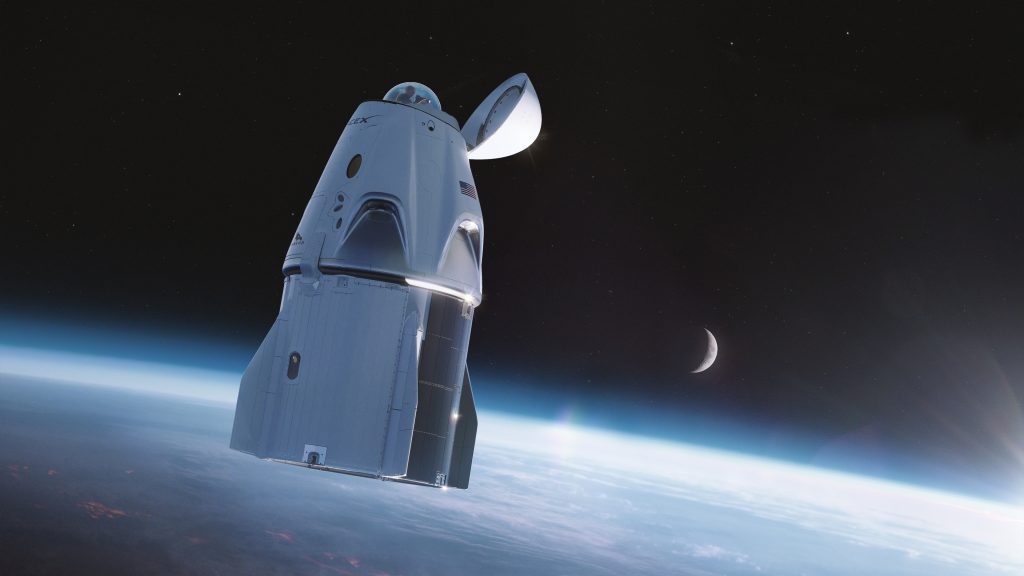
SpaceX announced Monday that a Chinese crypto entrepreneur purchased a flight on Dragon that will fly around Earth’s poles. The mission will feature crew members from three other countries, none from the US, and could launch as soon as late 2024.
Private expeditions to the poles aren’t over, they’re just moving to space.
Chun Wang, a Chinese crypto miner and entrepreneur who now lives in and is a citizen of Malta, purchased a flight on a SpaceX Crew Dragon spacecraft for an undisclosed amount. Wang has claimed to have mined over 7,700 Bitcoin, worth in the hundreds of millions of dollars, and founded f2pool and stakefish, tools for the crypto sector.
Wang dreamed up the idea for the mission, called Fram2 after the Norwegian ship that explored the arctic and antarctic in the late 19th and early 20th centuries, after the launch of the Inspiration4 mission. That was the first free-flying commercial mission by SpaceX, its second, the upcoming Polaris Dawn, were both purchased by billionaire Jared Isaacman.
Unlike Isaacman’s missions, Fram2 will fly over the poles, a first for any human spaceflight mission to date. The Soviet Union has the current record with its Vostok missions in the 1960s at an inclination of 65 degrees. The Space Shuttle flew a mission to 62 degrees inclined on STS-30, deploying a classified payload for the Department of Defense. Fram2 will beat both these records with launching into an inclination in the high 80s or 90s.

On board will be three other crew members, Jannicke Mikkelsen from Norway (vehicle commander), Eric Philips from Australia (vehicle pilot), and Rabea Rogge from Germany (mission specialist). Wang will command the mission.
This is a first time SpaceX has used the title “vehicle commander” and is unknown how that will differ from the overall mission commander title given to Wang.
Mikkelsen is a filmaker and plans to spend her time filming a documentary while on orbit. Philips is a career arctic explorer with several expeditions to the South Pole and Northern Greenland. Finally, Rogge is a PhD candidate at the Norwegian University of Science and Technology studying data-driven navigation, guidance and control for autonomous surface vehicles in harsh conditions.
Along with wanting to fulfill a dream of flying to space, Wang and the Fram2 crew “will study green fragments and mauve ribbons of continuous emissions comparable to the phenomenon known as STEVE (Strong Thermal Emission Velocity Enhancement).” However, its usefulness has already been questioned by at least one researcher.
SpaceX states the launch of Fram2 could come as soon as late 2024.
FTC: We use income earning auto affiliate links. More.



Comments